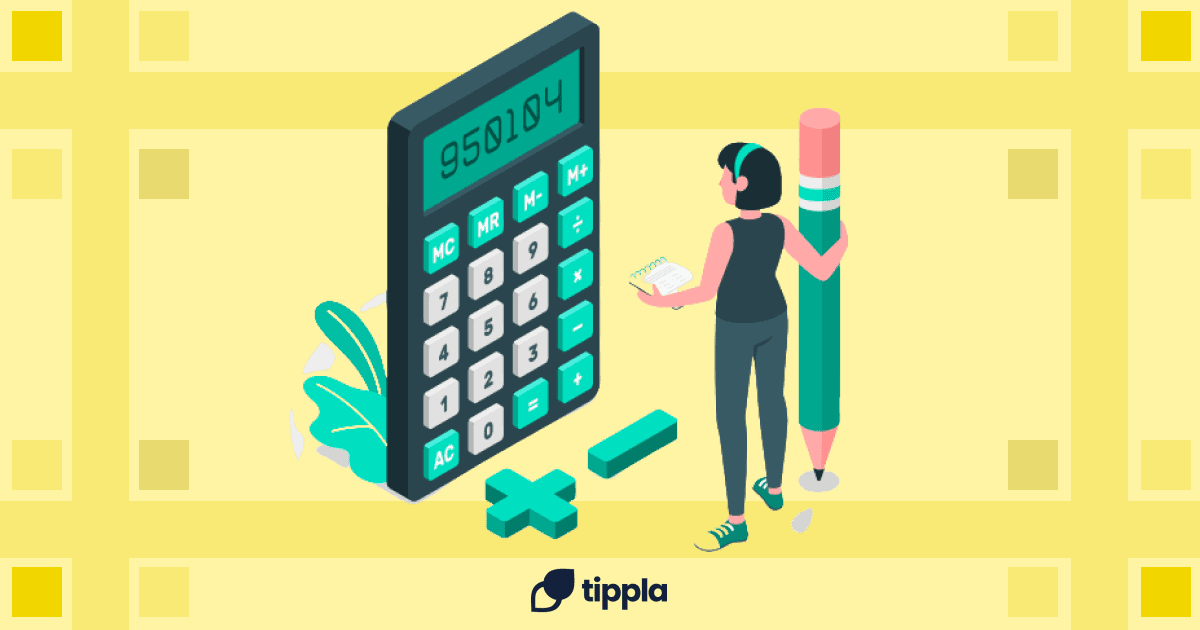Published in July 28, 2021
Understanding car insurance deductibles

What are deductibles and what do they mean for you?
An insurance deductible is an amount you have to pay out-of-pocket after your coverage is applied. Unlike medical insurance, deductibles, not all car coverages require a deductible.
When adding coverage to your car insurance, you may have the option to where you want to set your deductible.
The way it works is the higher your insurance deductible, the lower your premium will be. However, you don’t want to set your deductible so high that you wouldn’t be able to afford it. Here are a few tips on how deductibles work and how much you should set it to.
What does car insurance deductible mean?
The amount you pay out of pocket when filing a claim is known as a deductible. For example, if you get into a car accident and your coverage has a deductible of $500 and the repairs cost $2,000, your insurance would pay $1,500. Essentially you want to try and pay out of pocket only when the damage is less than or equivalent to your deductible.
Moneysmart can aid you tips on claiming your car insurance.
What kind of coverage requires a deductible?
Not all insurance coverage will have a deductible. For example, third party coverage, which covers the cost of damage done to someone’s property, doesn’t require a deductible. However, with most types of car insurance coverage, you’ll be required to set a deductible. Comprehensive car insurance’s deductible usually ranges between $500 and $1,000, depending on multiple components. Comprehensive car insurance is a type of coverage that covers the most damage and costs, although is also the most costly.
How do I decide what my deductible should be?
Essentially, the way it works is, the higher the deductible, the lower the premium. That’s because you’re setting the cost and worth of the coverage, rather than your insurer. The same applies the other way around, the lower the deductible, the higher the premium.
Although it’s tempting to set a high deductible for the low premium, you need to keep in mind that there could be a chance that you’d have to pay the deductible. Therefore, it’s best to set an affordable deductible for a reasonably priced premium.
Are you a new driver? Read more on Car insurance rates for new drivers.
While we at Tippla will always do our best to provide you with the information you need to financially thrive, it’s important to note that we’re not debt counsellors, nor do we provide financial advice. Be sure to speak to your financial services professional before making any decisions.
Subscribe to our newsletter
Stay up to date with Tippla's financial blog



